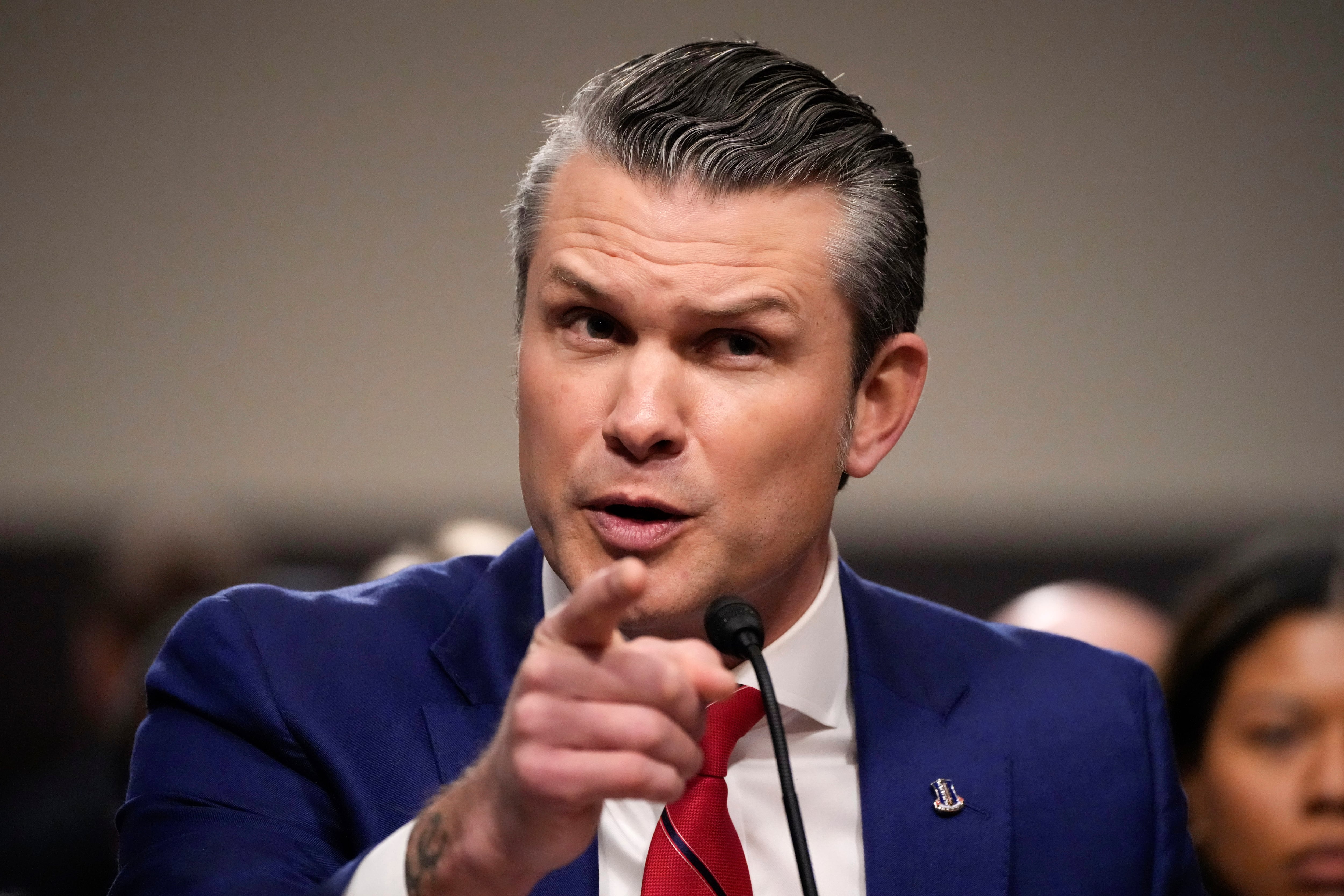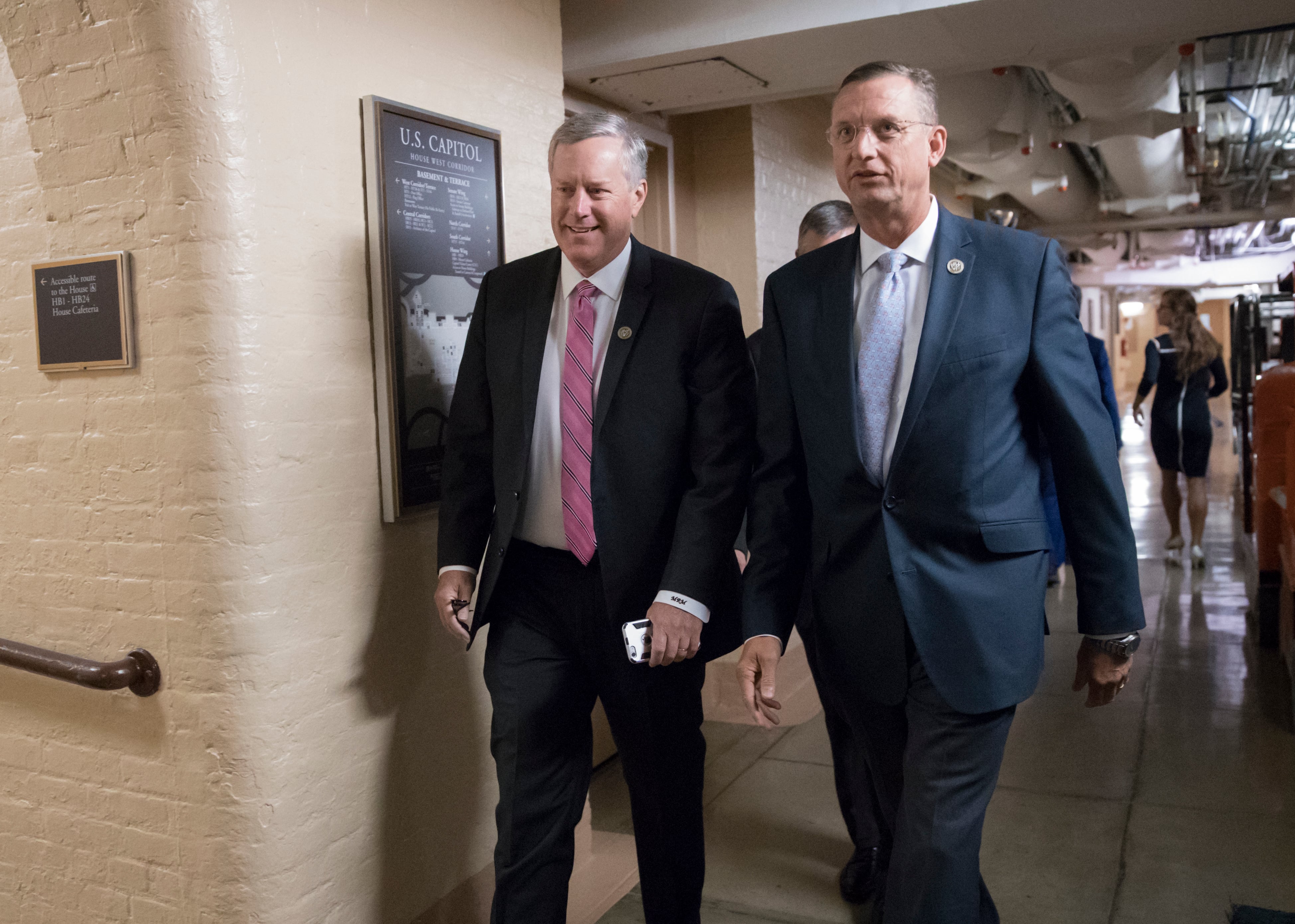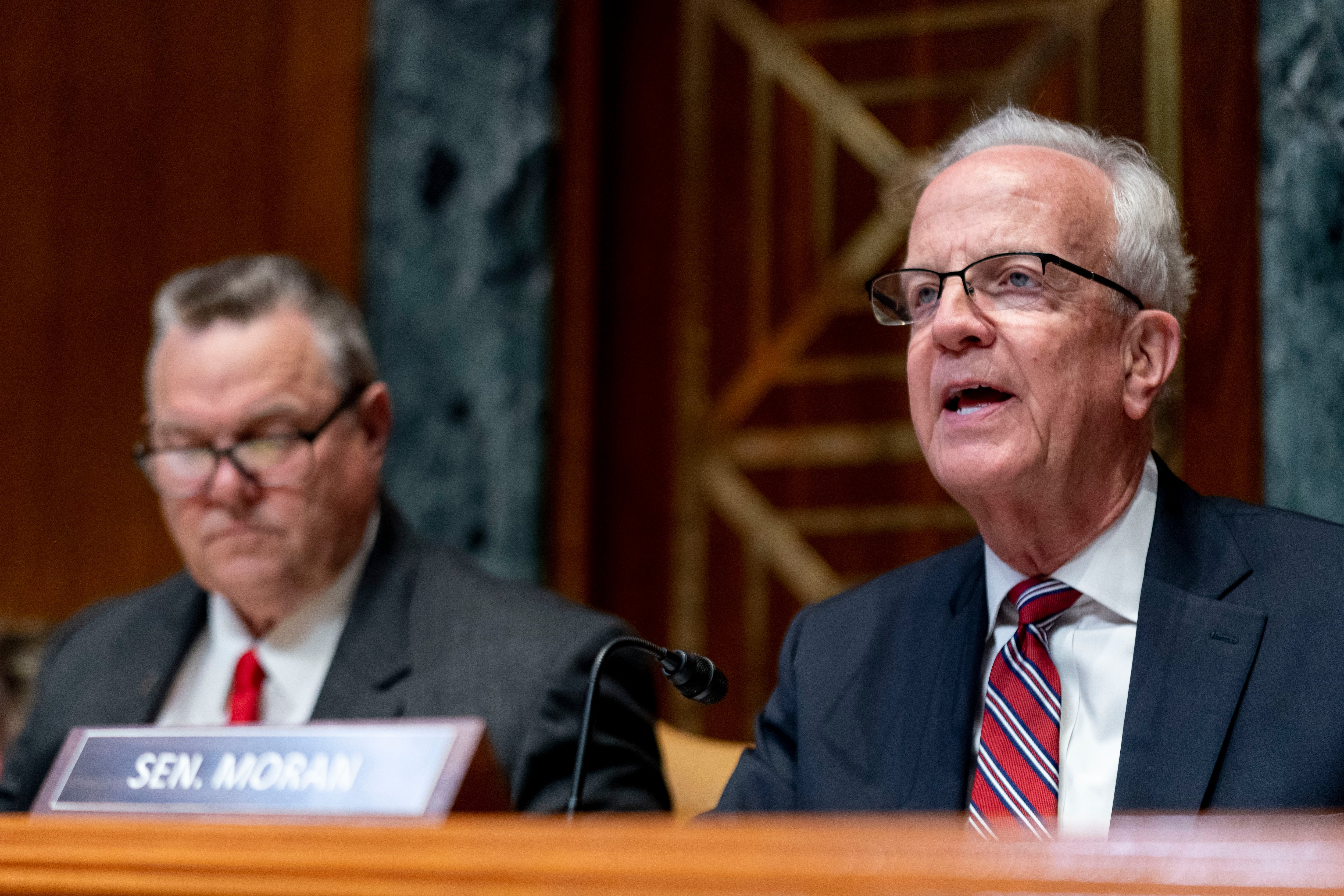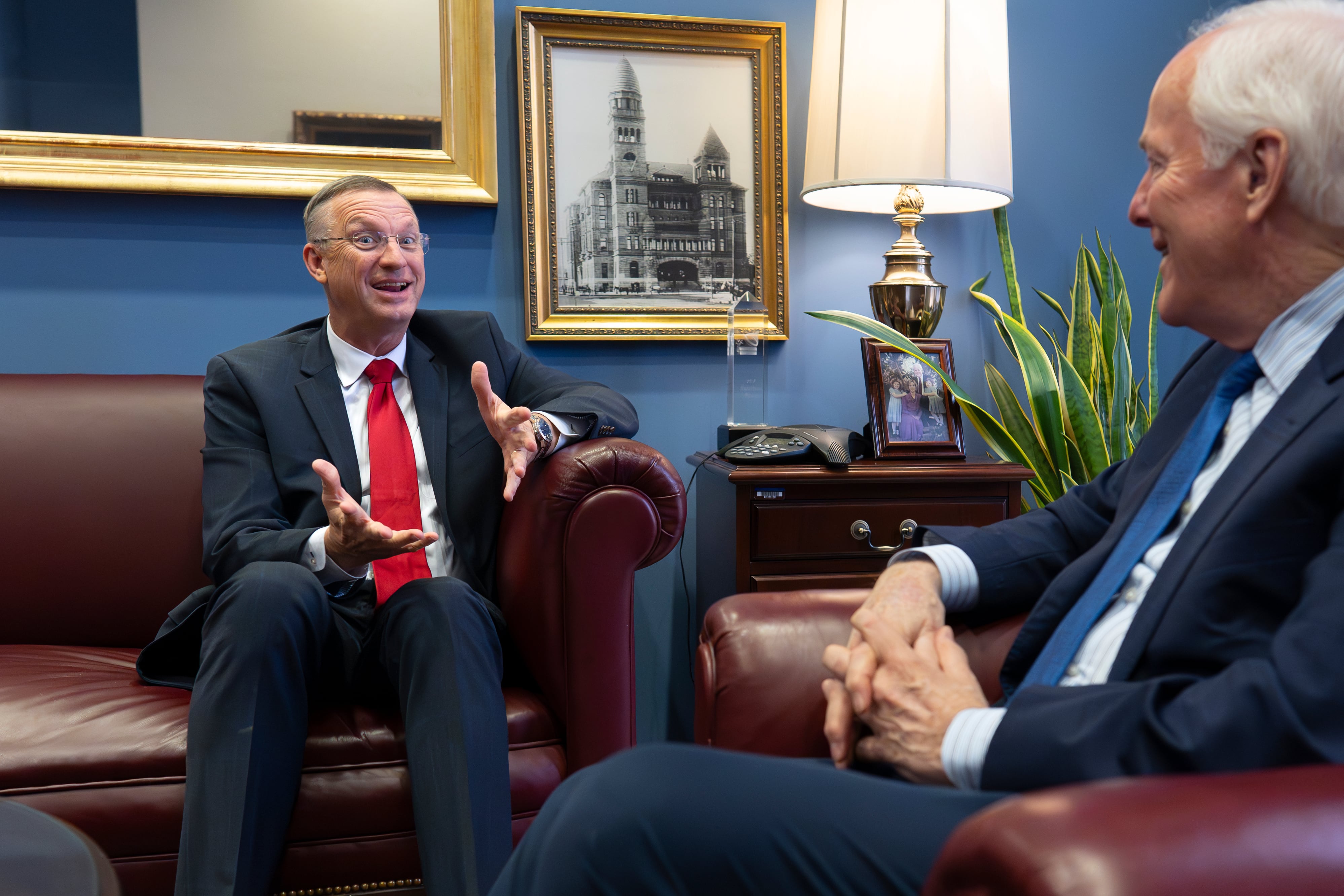A Navy SEAL traveling to El Paso on official duty recently visited several strip clubs, laid down his official government credit card and spent a total of more than $1,000 at adult entertainment establishment during his 17 days of travel.
At the Navy, however, the charges raised no eyebrows.
And that was not an isolated incident. Across the Defense Department, government credit card holders improperly spent more than $1 million at casinos and adult entertainment clubs in a single year, the DoD Inspector General has found.
In a report released Tuesday, the IG documented widespread abuse of military credit cards for personal use and repeated failure of DoD's detection system for flagging potential abuse of taxpayers' dollars.
In response, Pentagon officials emphasized that Government Travel Cards are issued to, billed to and paid for by the employees who hold them. The improper charges flagged by the IG were not reimbursed by the Defense Department and taxpayers sustained no losses, because individual employees are ultimately responsible for paying the balances for any outstanding charges with out-of-pocket cash.
Nevertheless, the IG noted, standard rules restrict government credit cards to use for official business.
Specifically, in a single 12-month period running from July 2013 to June 2014, DoD cardholders ran up 4,437 transactions totaling $952,258 in charges that likely involved personal use at casinos.
At strip clubs and other adult entertainment establishments, cardholders also rang up 900 additional transactions totaling nearly $100,000, according to the report.
In many cases, the defense agencies overseeing those credit cards did not detect the improper transactions because:
- The compliance programs did not have a mechanism for identifying and flagging charges at casinos and adult entertainment establishments
- DoD had no policy requiring its components to identify "high-risk merchants" that might suggest wrongful personal use of government credit cards at casinos or adult entertainment establishments
- In the case of government credit cards, banks were not required to notify military agencies or management officials of potential fraudulent activity or suspension of accounts, because individual cardholders resolve those matters. So it was unclear whether the transactions that occurred at casinos or adult entertainment establishments involved misuse by government employees or a credit card scam.
To identify wrongful spending in its investigation, the IG used the Visa IntelliLink Compliance Management system, a service in which the Visa company provides data on credit card transactions for businesses and others to use in identifying improper charges.
The IG recommended that the Defense Department adopt policies requiring its agencies to use this Visa service, according to the report.
Other IG recommendations included developing ways for DoD credit card compliance officers to identify transactions that:
- Are not linked to official travel status or official travel locations.
- Are automated teller machine withdrawals that exceed the overall meal and incidental expense amounts while the cardholder is in a travel status.
- Occur at specific known casinos, casino-processing centers, and adult entertainment establishments.
In response to the report, the Defense Travel Management Office agreed to pursue new ways to better track improper use of government credit cards. The DTMO also told the IG that the report does not highlight the strengths of the DoD Government Charge Card program.
Defense Department spokesman Lt. Cmdr. Nate Christensen told Military Times that the IG report overstated the problems with the Government Charge Card program.
"The report language applies a very broad stroke against all cardholders when, in reality, personal use of the Government Travel Charge Card is negligible when compared to the size and scope of the program," Christensen said.
"Clearly, the behavior displayed by these individuals neither comports with our values nor represents the good service of the vast majority of our service members and DoD civilians. Action is being taken to address individual instances of misuse," he said.
Christensen reiterated that the federal government is not financially liable in any case of card misuse, including the misuse described in the DoD IG report.
"Taxpayer funds are not being obligated to pay for this misuse, directly or indirectly through reimbursement to the traveler," he said.
Overall, DoD cardholders made 20 million transactions totaling $3.4 billion during the 12-month period examined by the IG, according to the report.
Cardholders racked up more than $3.2 million in charges at casinos, but the majority of those were for official use, according to the report.
In the case of the Navy SEAL, whose name was not published in the report, the Navy was unaware of his transactions until notified by the IG. The SEAL was subsequently sent before a disciplinary review board and received written counseling for misuse of a government credit card, according to the report.
Andrew Tilghman is the executive editor for Military Times. He is a former Military Times Pentagon reporter and served as a Middle East correspondent for the Stars and Stripes. Before covering the military, he worked as a reporter for the Houston Chronicle in Texas, the Albany Times Union in New York and The Associated Press in Milwaukee.





